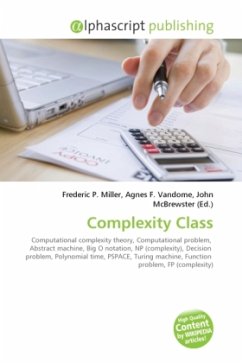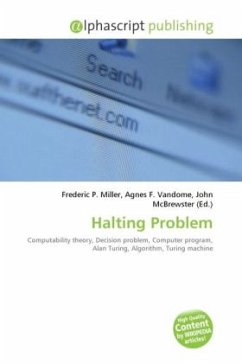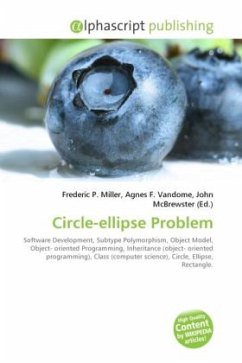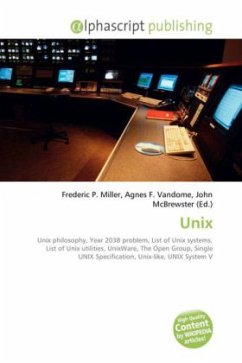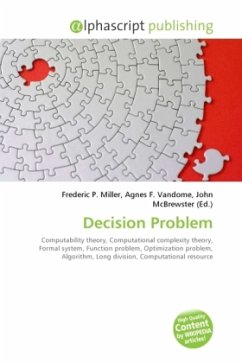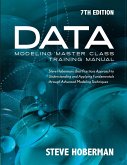In computational complexity theory, a complexity class is a set of problems of related complexity. A typical complexity class has a definition of the form: the set of problems that can be solved by abstract machine M using O(f(n)) of resource R (n is the size of the input). For example, the class NP is the set of decision problems that can be solved by a non-deterministic Turing machine in polynomial time, while the class PSPACE is the set of decision problems that can be solved by a deterministic Turing machine in polynomial space. Some complexity classes are sets of function problems, such as FP. Many complexity classes can be characterized in terms of the mathematical logic needed to express them; see descriptive complexity. The Blum axioms can be used to define complexity classes without referring to a concrete computational model.
Bitte wählen Sie Ihr Anliegen aus.
Rechnungen
Retourenschein anfordern
Bestellstatus
Storno

